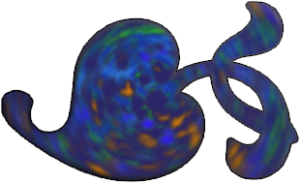Mr Salter’s side of the conversation was limited to expressions of assent. When Lord Copper was right he said, ‘Definitely, Lord Copper’; when he was wrong, ‘Up to a point.’
—Evelyn Waugh, Scoop
We were reminded of this rule—and you can find endless examples of it on the Internet—by our two sentence fragments in the last paragraph of our remarks on the passive.
You should definitely avoid sentence fragments.
Up to a point.
What you should really do is start by learning what a sentence is, so that you don’t inadvertently write sentence fragments, but then you should be guided by the practice of good writers and the possibilities of rhetoric. Writers use sentence fragments for a number of reasons, but always when the reader can supply the missing element. In the paragraph at the end of our post on the passive, nothing is gained by making “free” and “even if the entire first paragraph is in the passive voice” into complete sentences. You would add a few words without giving the utterances any more force. Here the word-parsimony rule has something to recommend it.
“Up to a point” is of course also a sentence fragment. You’re welcome to repair it if you can do so without loss. We have been unable to.
Again, see what competent writers do. We opened up a random page of this week’s New Yorker (6/13/11) and instantly found a sentence fragment:
What I really sought was a better-marked trail of my parents’ intellectual lives: bound and printed evidence of what they’d read, what had inspired and shaped their minds. A connection, via books, between them and me.
Here the reader can supply the subject and verb: “I sought.” To repeat them, just to have a complete sentence, makes little sense.
And finally, there’s one kind of writing in which sentence fragments are pretty much the norm. Now, for an utterance to be a sentence fragment, it must be missing either its subject or its verb or be governed only by a subordinating device. You probably can’t think of a literary form with the last two imperfections, so ask yourself where you would find sentences missing a subject. We’ll get back to this.
Originally published in another dementia on August 02, 2011

